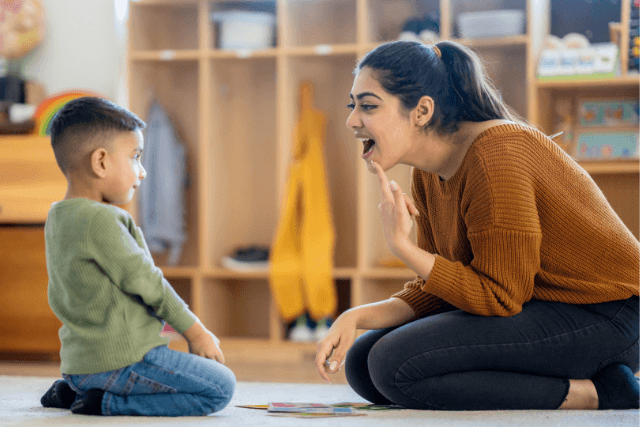
Recognizing the need for therapy in children is crucial for their mental health and well-being. Early intervention, especially in cases of trauma or crime, is important. Therapy can teach children adaptive coping mechanisms that they can carry into adulthood, as well as help them learn to ask for help when needed.
What is Therapy For Kids?
Specifically, child therapy, or counseling, helps children understand and manage mental health symptoms, process traumatic events, and build resilience. Common goals of therapy for kids include increasing emotional awareness, teaching emotion regulation, developing problem-solving skills, and learning coping strategies.
Various types of therapy can be used, including:
- Cognitive Behavioral Therapy (CBT): One-on-one sessions with a therapist. CBT helps children manage anxiety and behavioral issues.
- Trauma-Focused Cognitive Behavioral Therapy (TF-CBT): Used for children and adolescents who have experienced trauma.
- Family Therapy: Strengthens family dynamics and provides support to the family as a unit.
- Play Therapy: Helps children express emotions through play.
- Parent-Child Interactive Therapy: Coaching sessions where the therapist observes interactions through a one-way mirror.
When Can Kids Start Therapy?
The age at which children can start therapy varies depending on the type of therapy. Generally:
- CBT is suitable for ages 6 and up.
- Trauma-Focused Cognitive Behavioral Therapy (TF-CBT) is for ages 3 to 18.
- Family Therapy can vary, but the child should have the ability to express themselves verbally for it to be most effective.
- Play Therapy is typically between ages 3 and 12.
There is no one-size-fits-all therapy for every child. Play therapy works well with young children or those with limited verbal expression. Cognitive Behavioral Therapy (CBT) is effective for kids struggling with mental health symptoms such as anxiety and depression, while Trauma-Focused CBT is best for those experiencing post-traumatic symptoms. Therapy for kids can also be conducted in groups, which can be helpful for kids with limited social interaction. Individual therapy is often best for those who have experienced mental health challenges such as trauma or abuse.
Online Therapy for Kids
At ACGC, we also offer online therapy services. Online therapy platforms have become more common, especially since the pandemic. While it may be more challenging with children under seven, online therapy can be just as effective as in-person therapy and often has higher rates of attendance.
How to Know Your Child Needs Therapy
Each child and each family are different, but there are some signs that can help caregivers decide whether it is time to seek outside help for their child’s emotional or behavioral difficulties such as:
- a drop in school performance
- loss of interest in activities
- excessive worry or anxiety
- persistent sadness
- frequent intense tantrums
- aggression
- self-harm threats
- nightmares
- severe mood swings
- disruptive behaviors
- unusual thoughts
- reactions to traumatic events.
Generally, if emotional and behavioral difficulties are keeping your child from doing what most children their age do, it is likely time to seek help from a therapist, psychologist, or psychiatrist.
Resources for Children's Therapy
At ACGC, we provide a range of evidence-based interventions to support individuals and families on their journey towards mental well-being. Our team of experienced professionals, including child behavior therapists and family counselors, is dedicated to providing compassionate care tailored to your unique needs. We are here to support you every step of the way.
There are also other available resources that can help you find the care your child needs to thrive.
- Psychology Today can help you find local therapists
- FindHelp.org has a diverse library of mental health resources
- SAMHSA also has a variety of mental health resources for parents and caregivers
- Boys & Girls Club of Austin offers high-quality, consistent, and fun programming during out-of-school time for youth ages 6 to 18.
- Big Brothers Big Sisters is a youth mentoring organization that pairs adult volunteers (Bigs) with children (Littles).
- OutYouth Central Texas LGTBQIA+ youth, provides individual therapy and support groups.
- 988 Suicide & Crisis Lifeline
Recognizing the signs that your child may benefit from therapy and seeking appropriate support can make a significant difference in their well-being and future mental health.
This blog was authored by Chelsea Romero LCSW-S, ACGC’s Senior Director of Program. A member of ACGC’s Executive Leadership, she oversees the program departments, including Therapy Services, Psychological Services, Community Services, and Intake.

